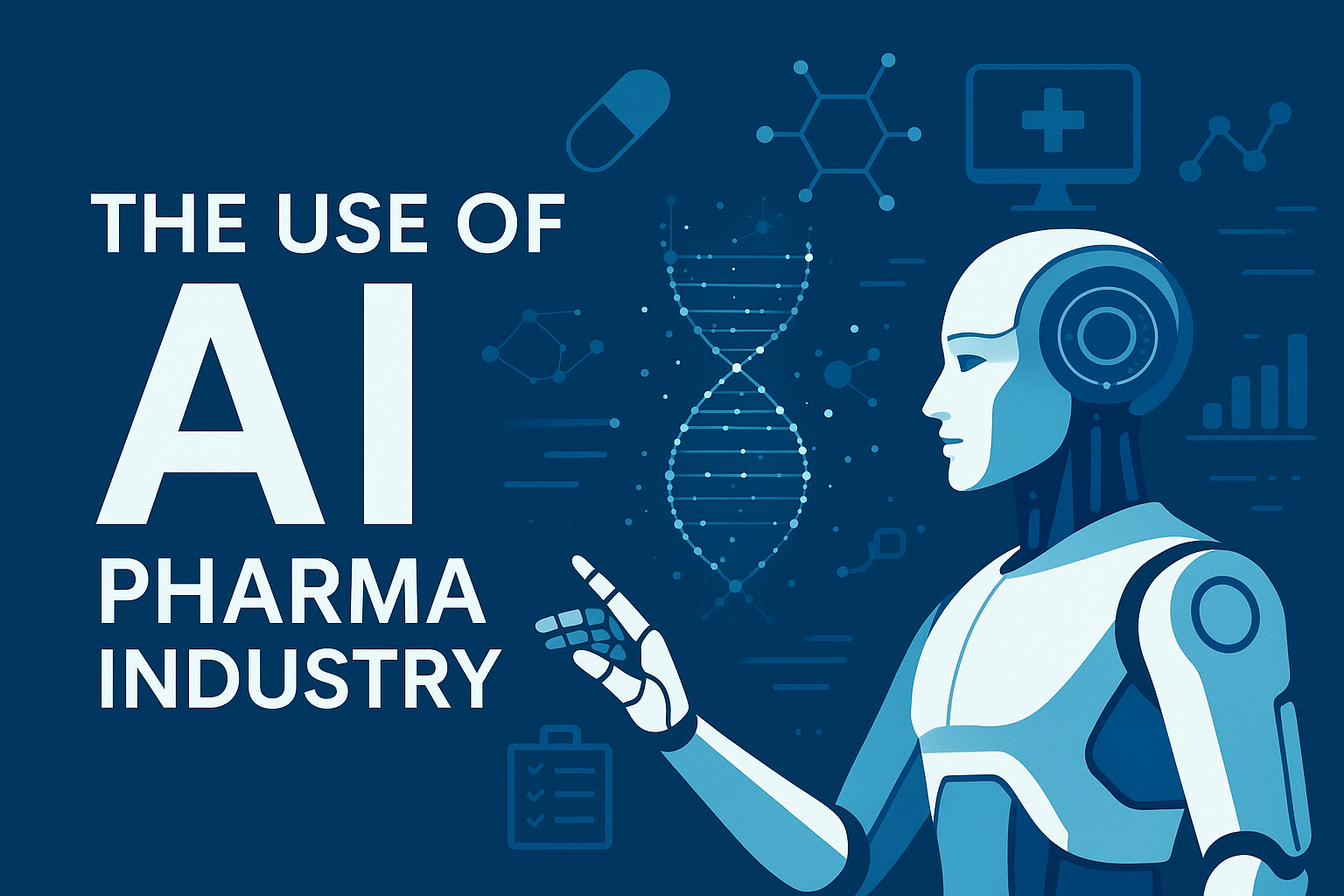1. AI in Drug Discovery: Speeding Up Innovation
Traditional drug discovery is a time-consuming and costly process-often taking more than a decade and billions of dollars to bring a single drug to market. AI helps shorten this cycle by:- Predicting drug-target interactions using machine learning.
- Analyzing massive biological datasets to identify promising compounds.
- Simulating molecular interactions in silico, which reduces the need for physical lab testing early on.
Insilico Medicine used AI to identify a novel drug candidate for fibrosis in less than 18 months-one of the fastest drug discoveries in history.
2. Personalized and Precision Medicine
AI is enabling a shift from the "one-size-fits-all" model to precision medicine-where treatments are customized based on a patient’s genetics, environment, and lifestyle. This involves:- Analyzing genetic data to determine the most effective treatment.
- Predictive analytics to foresee how individuals might respond to certain drugs.
- Machine learning models that suggest optimal dosages and treatment combinations.
IBM Watson has been used to analyze genomics and match cancer patients with personalized treatment options, improving both accuracy and speed in oncology.
3. Smarter Clinical Trials
Clinical trials are essential but highly expensive and inefficient. AI helps optimize this phase by:- Identifying the right patient cohorts through predictive modeling.
- Improving trial design with simulation and synthetic control arms.
- Monitoring patients remotely using AI-powered wearables.
Pfizer partnered with IBM Watson to accelerate clinical trial design for immuno-oncology, leading to better candidate selection and improved outcomes.
4. Drug Repurposing with AI
One of the most exciting uses of AI in pharma is drug repurposing-finding new uses for existing medications. AI systems can:- Mine biomedical data to find links between drugs and diseases.
- Speed up the repurposing process during urgent needs like pandemics.
During COVID-19, BenevolentAI identified baricitinib (a rheumatoid arthritis drug) as a potential treatment for the virus using AI analysis.
5. Supply Chain Optimization and Smart Manufacturing
AI also plays a vital role behind the scenes in logistics and production by:- Predicting inventory needs to avoid shortages or overstock.
- Using AI-based visual inspection for real-time quality control on manufacturing lines.
- Enhancing cold-chain logistics with IoT and AI integration to ensure temperature-sensitive drugs remain effective.
Novartis uses AI for predictive maintenance in manufacturing, reducing downtime and saving millions annually.
6. AI in Pharmacovigilance: Enhancing Drug Safety
Monitoring the safety of drugs after they’ve entered the market is crucial. AI enables:- Real-time data mining of patient records and social media to detect adverse events.
- Natural Language Processing (NLP) to extract meaningful insights from medical literature and incident reports.
- Early detection of potential health threats before they become widespread.
7. AI in Sales, Marketing, and Customer Support
AI is also reshaping how pharma companies interact with healthcare professionals and customers. Applications include:- Chatbots and virtual assistants to provide instant information on drug usage and availability.
- Predictive analytics for understanding market trends and customer behavior.
- AI-driven CRM tools to improve sales rep efficiency and targeting.
Salesforce Einstein is used by pharma sales teams to identify high-value leads and optimize field strategies using AI insights.
8. Global Health and Accessibility
- AI-powered solutions are helping bridge healthcare gaps in underdeveloped regions. Pharma companies can use AI to:
- Identify regions with unmet needs through epidemiological modeling.
- Design affordable treatment options for populations with limited access.
- Translate health materials into local languages using AI tools.
Challenges and Ethical Considerations
Despite its benefits, integrating AI in pharma comes with challenges:- Data privacy and patient consent concerns.
- Algorithmic bias if data isn't representative.
- Regulatory uncertainty, as laws are still catching up with technology.
- Pharmaceutical companies must ensure ethical AI use by maintaining transparency, complying with regulations, and keeping the patient’s well-being at the core.
Conclusion: The Future is AI-Driven
AI is revolutionizing the pharmaceutical industry at every level-from molecule to market. By harnessing its power, companies can not only reduce costs and time but also deliver more targeted, effective, and safer treatments to patients around the world.As AI technologies evolve, the future of pharma looks smarter, faster, and more human-centric than ever before.

